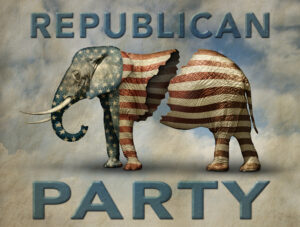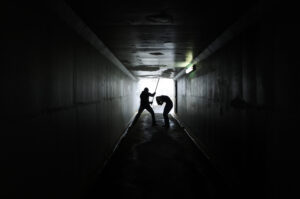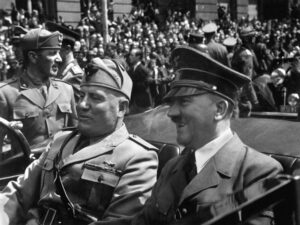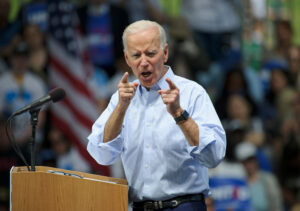Best known today for being the precursor body to the United Nations, the ill-fated League of Nations emerged from the devastation wrought by World War I. As conceived by its founders at the 1919 Versailles peace conference, the League was a permanent international body that would provide a forum for resolving disputes between nation states by diplomatic, non-military means, and would thus act as the principal guarantor of peace in the world. The League’s ethos was underpinned by the twin principles of self-determination for a nation state and of collective security (countries acting together rather than individually).
The high-minded idealism which accompanied the League of Nations’ establishment proved sadly and all too soon to be just that. By the end of 1920 48 states had signed the League’s Covenant, pledging to work together to eliminate aggression between nations; but in spite of minor early successes (for example, resolving a 1925 border dispute between Greece and Bulgaria), the limitations of the League’s powers quickly became apparent through a series of ever more brazen challenges to its authority. The writing was already on the wall when in 1923 France, one of the key founder states, disregarded its international obligations and occupied the Ruhr. The League looked on helplessly from its headquarters in Geneva, powerless to intervene because it lacked a military force of its own.
The other crucial factor which undermined the League’s effectiveness from the outset was that the USA, the world’s most powerful nation, never signed up as a member, in spite of the League having been the brainchild of President Woodrow Wilson himself. The weakness of the League was ever more cruelly exposed as the Axis powers flexed their territorial muscles during the 1930s, culminating in the flagrant, unchallenged expansionism of Adolf Hitler’s Germany.
When: 1920-1946
Where: International Organization with headquarters in Geneva, Switzerland
Toll: The failure of the League of Nations meant Europe was plunged into World War II with all its concomitant horrors.
You should know: For all its failures the League bequeathed a significant legacy to the United Nations, including its principal instruments of a General Assembly and smaller Council made up of permanent and elected member states.






















